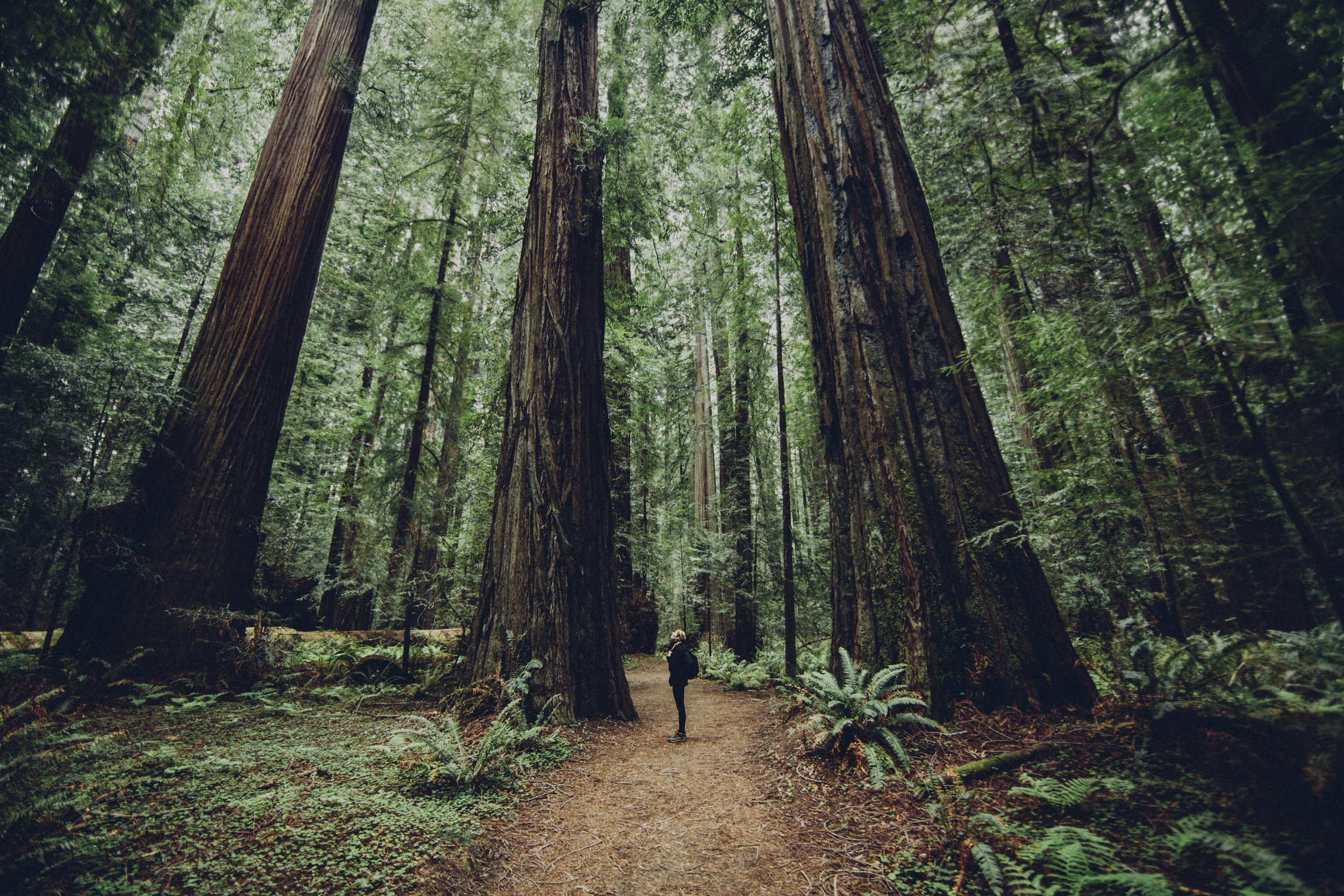
Grounded Support, Inspired by Nature
Why I Started This Project
I’ve always believed in the benefits of talk therapy, not just as a treatment, but as a relationship, a practice and a way of tending to what’s most human in us.
As a graduate student studying Clinical Mental Health Counseling at Northwestern University, I’ve spent the last year studying what helps people heal. I’m currently in the internship phase of my program, working with clients, and learning every day what it means to hold space for growth, pain and change.
But even before I entered this field, I carried a love for nature. Being outside has always made me feel more grounded, more whole. Whether I’m walking through a forest trail or sitting near water, nature offers something that’s hard to name.. a sense of connection, calm and clarity that feels restorative in ways I don’t find indoors.
Eventually, I started wondering: What benefits do nature interventions add to talk therapy?
That question led me to ecotherapy and the growing body of research around it. Green care practices like therapeutic gardening, outdoor counseling and forest bathing are being studied and in some countries, even integrated into public health systems.
What inspired me most were the clinicians and community workers blending ecological awareness with trauma-informed care, and the stories of people finding safety and belonging in natural spaces.
This project is an extension of my personal connection to the natural world and my professional training as a future mental health counselor. It’s a place to share research, ideas, and explore how healing might happen when we step beyond traditional spaces.
Our Story
Nature-based therapy remains underutilized in mental health care in the United States.
Across the world, healthcare systems are increasingly recognizing that nature is a tool for supporting mental health. Several countries have started to integrate nature-based approaches into their healthcare frameworks. In the United Kingdom, the National Health Service now funds "green prescriptions," allowing doctors to prescribe nature experiences as treatment. Japan has designated dozens of official "Forest Therapy Bases" with trained guides, where physicians can prescribe forest immersion sessions partially covered by national health insurance. In Nordic countries, nature-based rehabilitation has been incorporated into social insurance systems with standardized clinical protocols and practitioner certification.
While approaches vary across countries, they offer examples of how nature can be integrated into health care. Observing these models from their design, implementation and outcomes can help inform how we might adapt similar strategies within the U.S. context in ways that are responsive to our own systems, communities and needs.
Barriers to Ecotherapy Adoption
Lack of Institutional Recognition
Many mental health professionals and institutions do not yet recognize ecotherapy as a standard treatment due to limited integration in clinical guidelines.
Insurance & Funding Limitations
Most insurance providers don’t cover ecotherapy, making it less accessible. Research and grant funding are also limited compared to traditional treatments.
Accessibility Challenges
Urban areas and underserved communities often lack green spaces, making ecotherapy less feasible for many. Weather and mobility issues can also create barriers.
Need for Standardization & Training
There is no universal certification for ecotherapy, leading to inconsistencies in how it is practiced and integrated into mental health services.
Legal & Policy Barriers
Zoning laws, land use restrictions, and liability concerns can limit where ecotherapy sessions can be conducted.
Public Awareness & Perception
Many people are unfamiliar with ecotherapy, and some professionals view it as alternative rather than evidence-based. Greater awareness and advocacy are needed.